Hallelujah ... Still Standing
 Monday, December 10, 2007 at 11:08PM
Monday, December 10, 2007 at 11:08PM Have you ever heard of that party game wherein everyone picks a little piece of paper out of a hat or basket, said pieces of paper having been prepared earlier in the day with the names of animals that make noises that can presumably be mimicked by humans? Then what happens is, a person is chosen to be "it" and that person is ushered from the room and placed in a soundproof booth. Or at least in the bathroom farthest from the room where the party is taking place. Everyone else is then instructed to remain silent when the time comes in the game when the whole crowd is supposed to simultaneously make the sound of the animal on their piece of paper. "Whatever you do," they are told, "Don't make a sound when the host says one two three go." Everyone agrees to be silent as the grave at that point in time. The poor sucker in the bathroom is allowed back into the room. He is told that the way the game will go is, at the count of three everyone will simultaneously make the sound of the animal on their piece of paper. Of course you know what happens: when the host says one two three go, that unfortunate individual is the only one braying or oinking or clucking or barking or neighing at the top of his lungs while everyone else laughs at him.
I felt a little bit like that last night. Not really, but sort of. No, I didn't bark or oink or bray or neigh. Sorry; much as I'd like to, I can't provide you with that visual! What happened was, last night at church our 100-plus-voice choir presented a Christmas cantata. It was very lovely. At one point the program included a medley of songs from Handel's Messiah, and in the medley was included the famous Hallelujah chorus. As you may or may not be aware, it is customary for the audience to rise to its feet when the Hallelujah chorus begins, and to remain standing throughout. In fact, yesterday morning our choir opened with the entire Hallelujah chorus, and the congregation appropriately stood to its feet as the opening bars rang out from the piano and organ. Last night the familiar strains occurred at the end of a medley, however, and the entire chorus was not sung. Why, then, oh why did my son practically punch me when he heard the music of the Hallelujah chorus, indicating that I should lead the entire congregation in standing? It doesn't make sense that the burden of this tradition should rest on my shoulders, but that's what ended up happening ... sort of.
See, I was actually sort of daydreaming when the medley segued into the Hallelujah chorus part. It was semi-dark in the auditorium and the music was soothing and I did not get a Sunday afternoon nap. I was a little bit sleepy and my mind, I am ashamed to admit, had begun to amble down a path involving all the Christmas shopping and errand-running I needed to do the next day. I was also actively craving my pillow. So, when Andrew thumped me on the arm and I came to my senses and realized what was being sung, I sprang to my feet as automatically as I do (and as all Americans do, or should) when the Star Spangled Banner is sung or played. I did it without thinking. But then, about three-quarters of the way to my full height, knees still soft, I realized that the other 600 people in the auditorium remained nailed to their pews. Wow ... that is simply an awful feeling. You might be thinking: "Please tell me you were sitting towards the back and were cloaked in shadows when you committed this ecclesiastical faux pas." Oh no! We sit in the third row at church. There was plenty of light; everyone behind us saw me. No one snickered audibly; for that at least I am grateful. I glared at Greg as if to say, "Why didn't you stop me, you knave?" but he just continued gazing at the choir, glassy-eyed, oblivious. He might not have even noticed I (sort of) stood!
This quasi-embarrassing moment got me interested in where and how the tradition of standing while the Hallelujah chorus part of Handel's Messiah is performed, began. I have always associated it with Queen Victoria, monarch of Great Britain from 1837 until her death in 1901. Actually, however, thanks to Wikipedia, I now know that the first royal of record to stand during the song was King George II, monarch of Great Britain from 1727 until his death in 1760. Since royal protocol demands that no one may remain seated while a monarch is standing, when King George II stood at the opening of the Hallelujah chorus, everyone else stood too. It is not clear whether King George II stood the first time because he was overcome by emotion (the popular view), or whether he simply arrived late for the performance, or was tired and just wanted to stretch his legs. We'll never know, but we do know he started a tradition that has endured to this day ... sort of.
I say sort of, because at the end of our choir's presentation last night, for the very last song, they launched into the full version of the Hallelujah chorus just as they had done to open the service that morning. But this time, for some reason, instead of standing as they had in the a.m. service, everyone again remained rooted to their seats. Several seconds into the song, my son looked at me. "I'm not getting up," I said, unwilling to reprise my earlier cheek-reddening performance. But as the song progressed into the second, third, and fourth bars, I felt really guilty. Suddenly my son sprang to his feet. Then my husband rose. I followed, and as nearly as I could tell, that's when everyone else stood too. There may have been others standing before we did, but if so they were not sitting near enough for me to see them. I wish we had all stood sooner, like we were supposed to.
It is not only appropriate but all kinds of wonderful to stand to your feet when this magnificent and triumphant piece of music is presented. You don't have to be hearing the most talented or trained voices or musicians in the world to be uplifted by it. The melody and the words transcend everyday music and become something otherworldly, even supernatural. Certainly the theme of the music and its words is the reason for this. King of Kings and Lord of Lords ... Hallelujah! ... the kingdom of this world is become the kingdom of our Lord, and of His Christ ... and He shall reign forever and ever ... it's amazing. Generally you only hear this incredible message in song at Christmas, and Christmas celebrates the birth of Christ. I daresay no other piece of earthly music pays tribute to that fact with more stunning emotion than the Messiah -- composed by George Frideric Handel in just 24 days during the summer of 1741 -- and specifically the Hallelujah chorus.
When my husband and I visited Lackland Air Force Base in San Antonio, Texas, for three days last August, we were moved and impressed by a ritual that takes place there daily. At a certain point each evening, the flags on base are lowered and retreat is broadcast over the base-wide sound system, both indoors and out. This is followed immediately by the playing of the National Anthem. If you are on base and in uniform, you must stop whatever you are doing, face the music and/or the flag, and salute for the duration of the interlude. If you are on base in civilian clothes, you must stop what you are doing and stand at attention out of respect for our flag and our anthem. All vehicles on the many miles of roads that make up Lackland Air Force Base stop in the middle of those roads during this time. Some people get out of their vehicles and stand beside them. We were awed by the spectacle of everything in sight standing still for several minutes as honor was paid to our nation's symbols of freedom.
That's sort of how I feel about Handel's Messiah and the Hallelujah chorus. No matter why King George II stood or Queen Victoria stood, and no matter whether it's fashionable in this modern day to stand ... it's just not something you sit down for. You stand and with your heart you say Hallelujah! King of Kings and Lord of Lords. Merry Christmas, everybody.
 Jennifer
Jennifer
 Jennifer |
Jennifer |  2 Comments |
2 Comments | 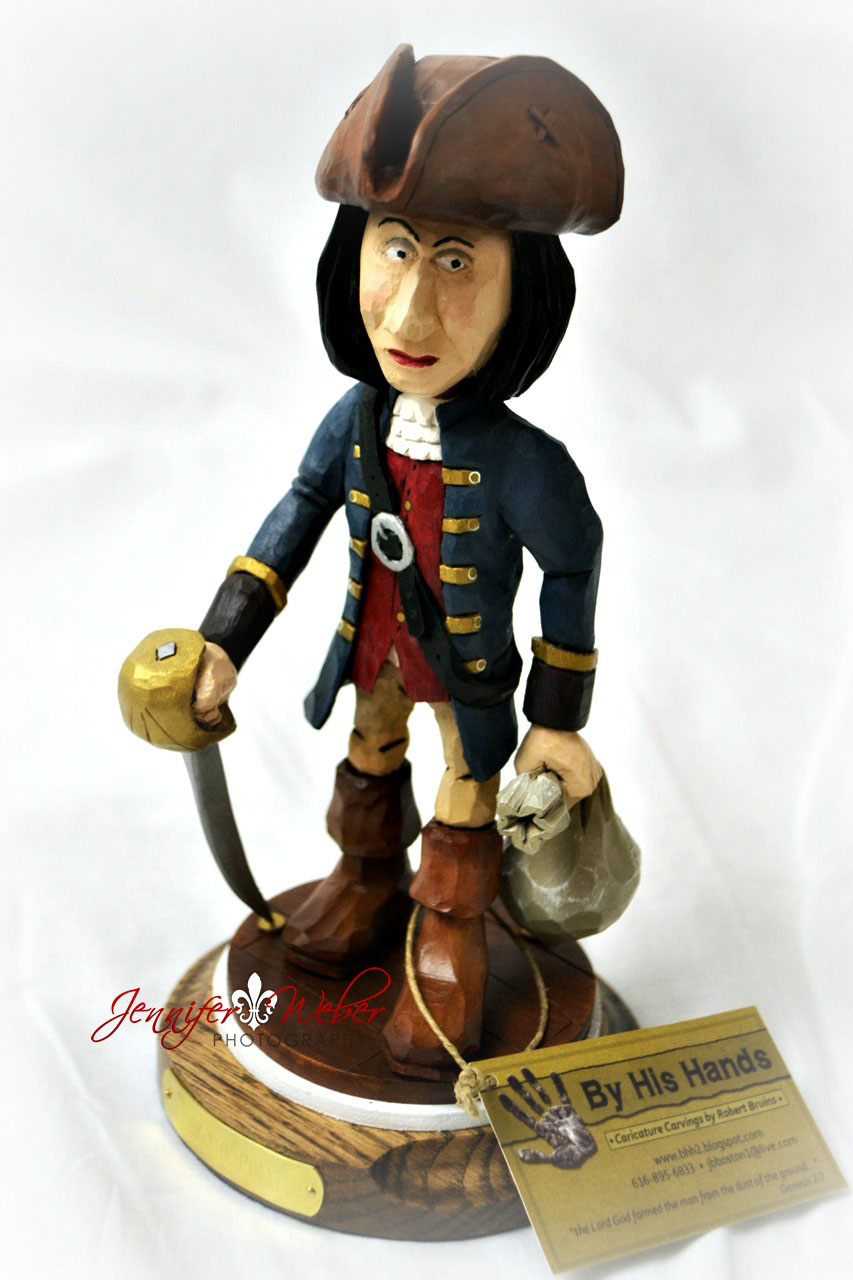

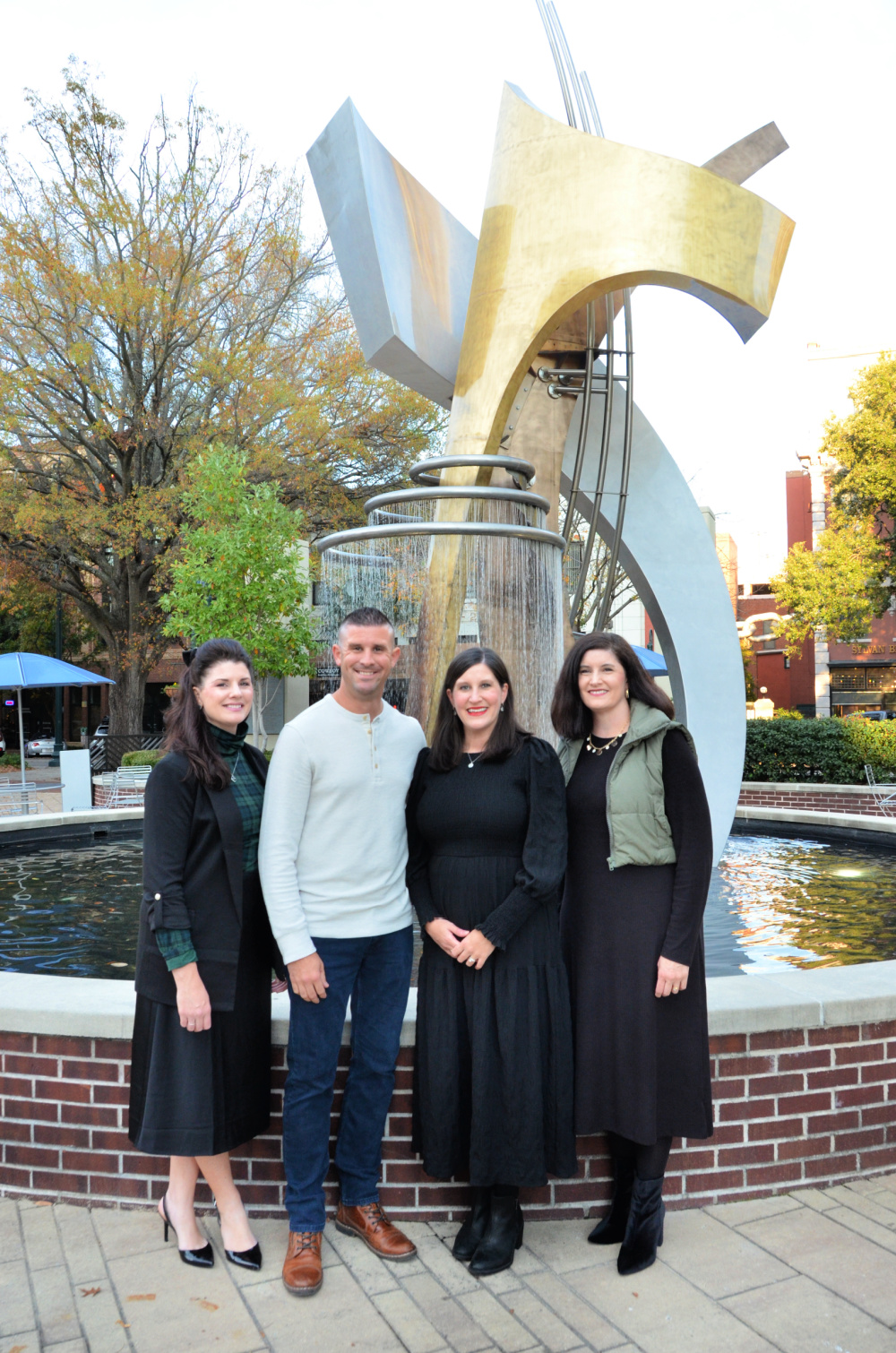
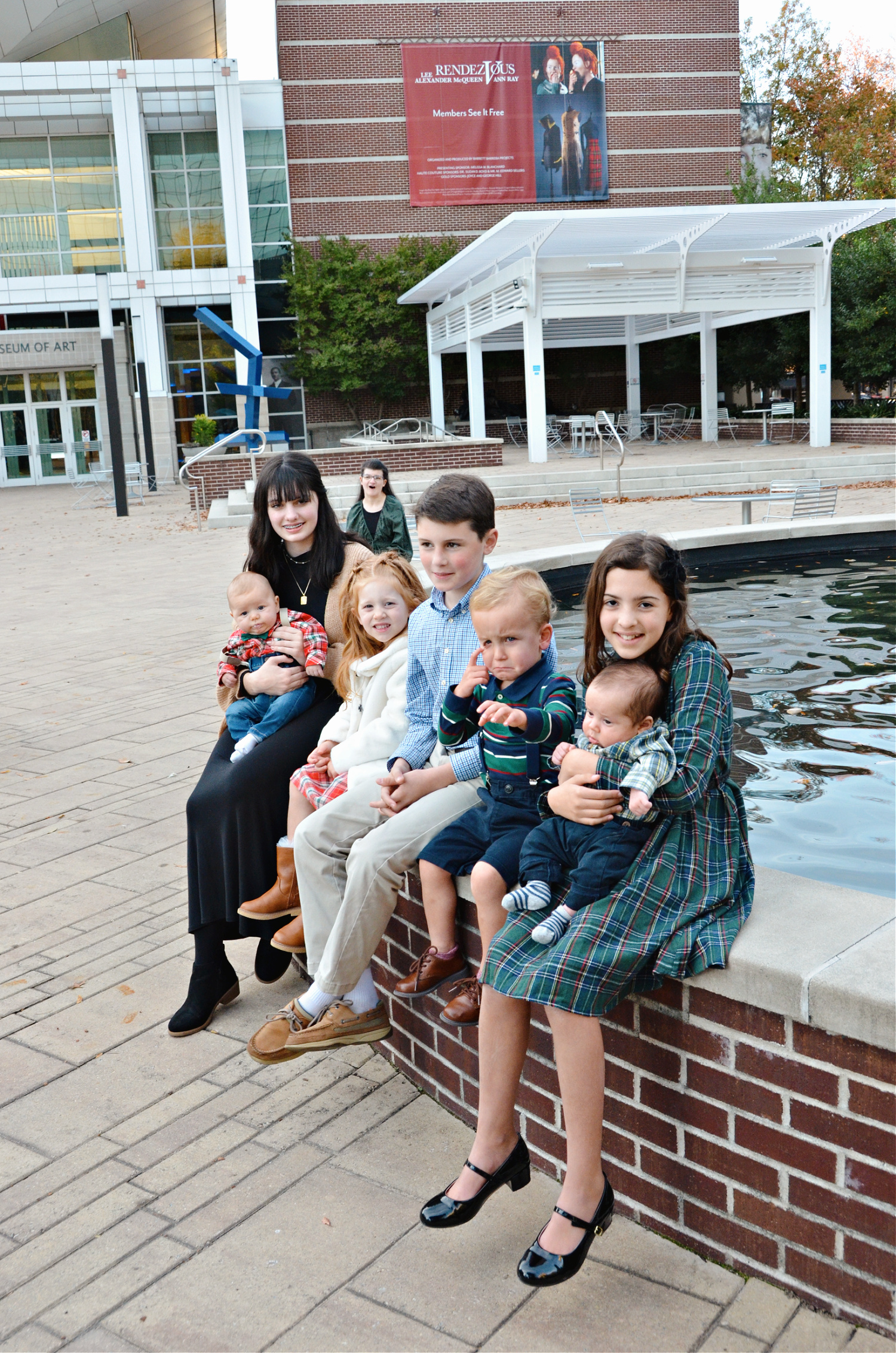
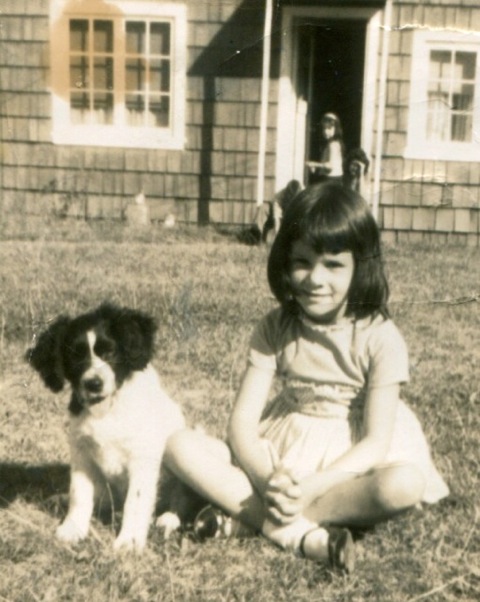


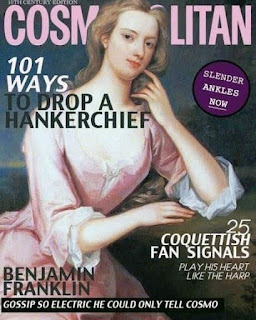









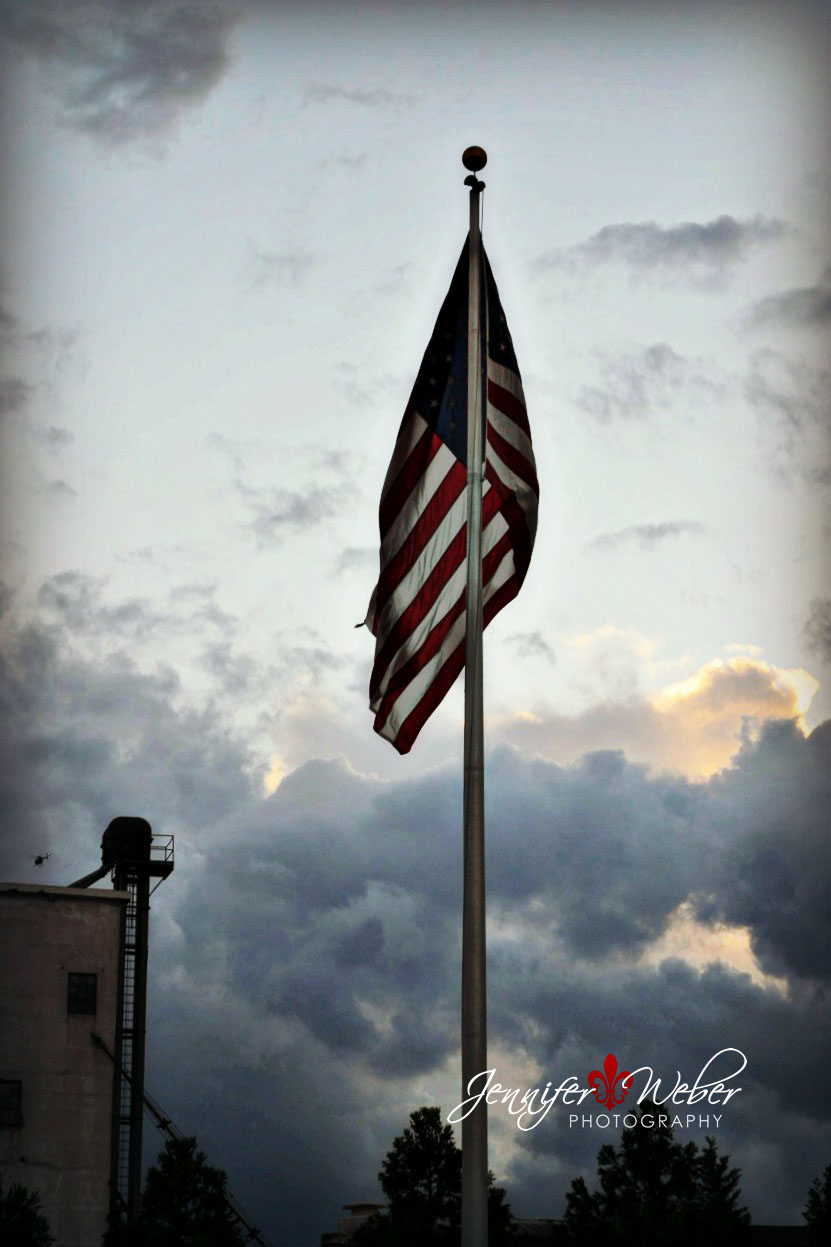
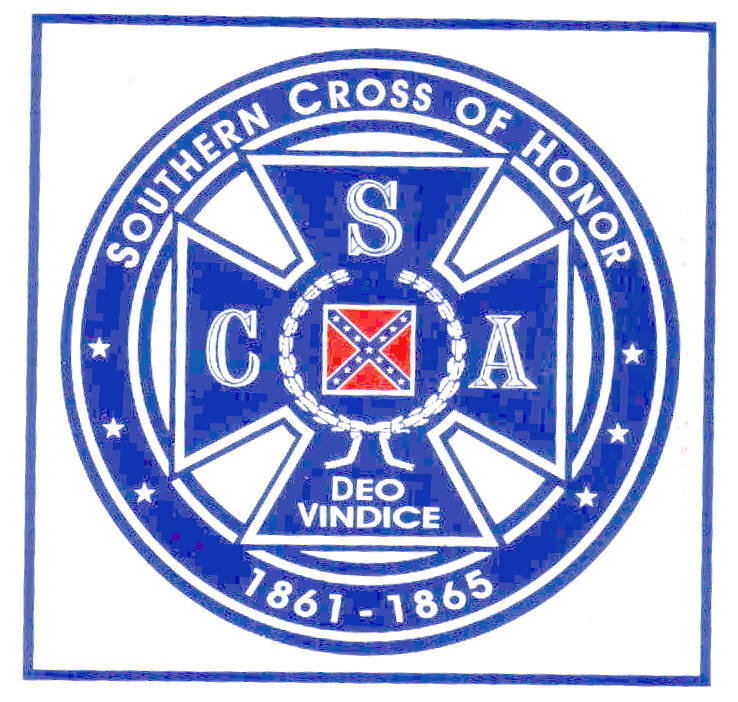

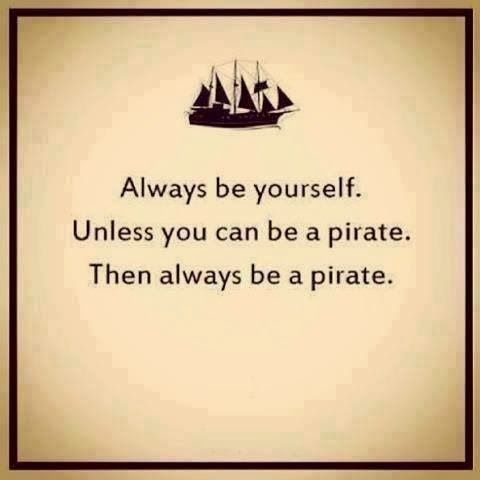
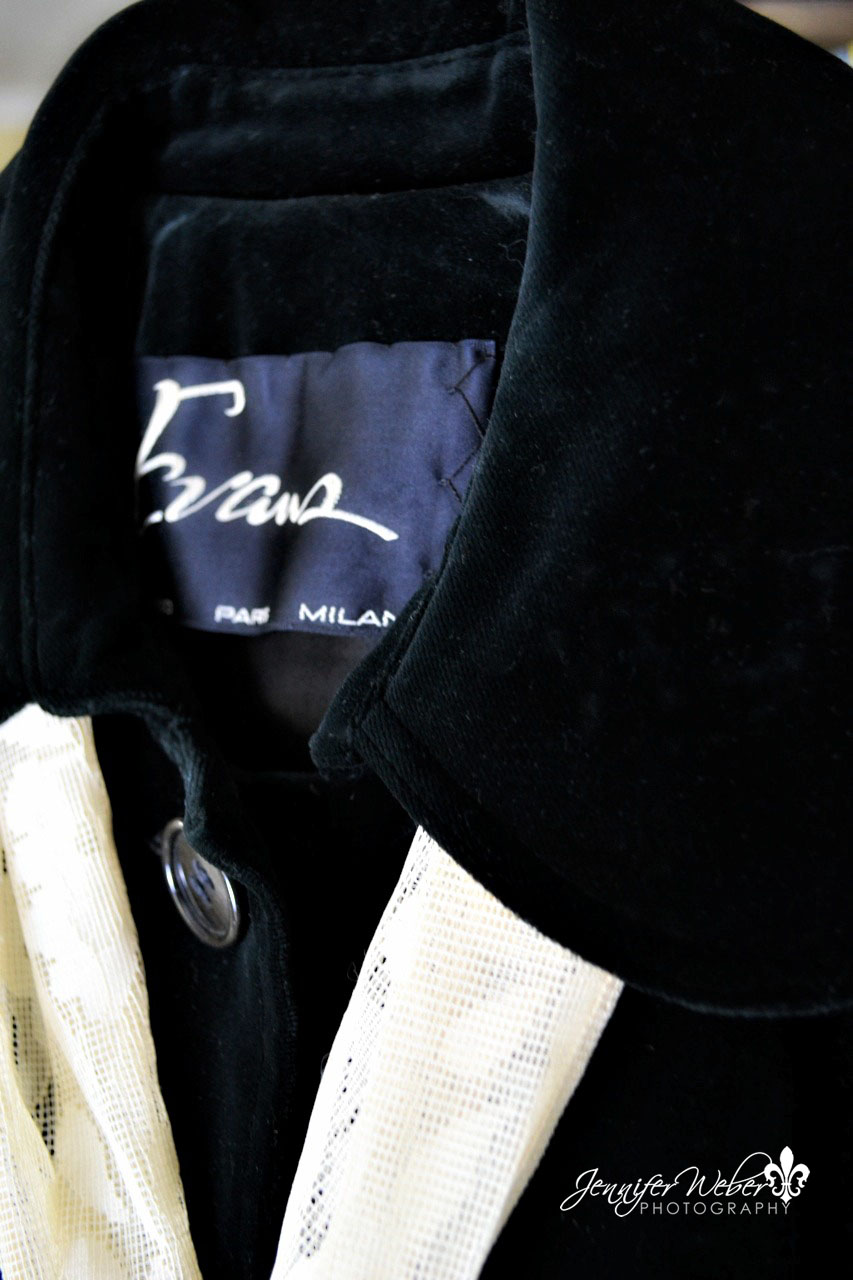
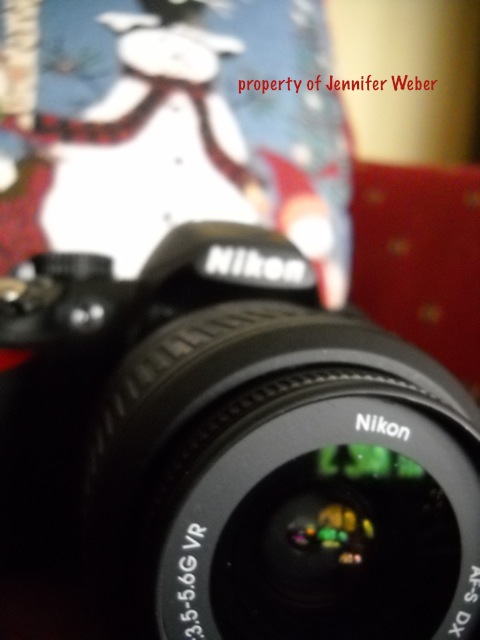
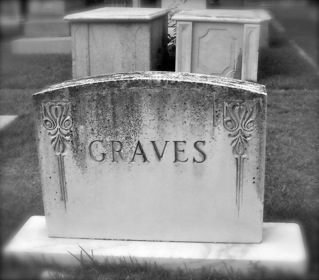
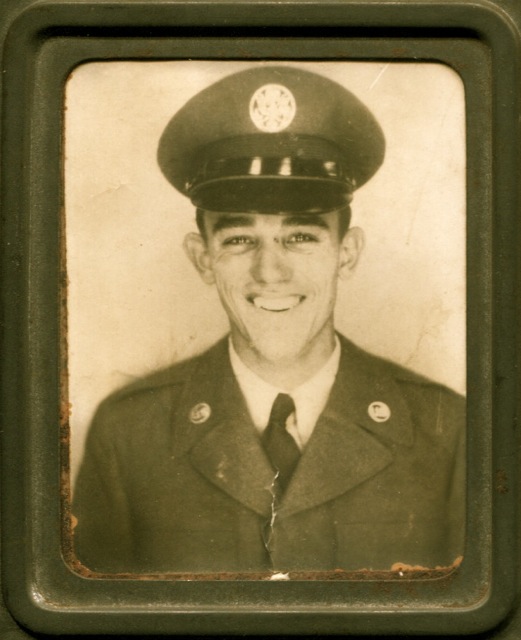
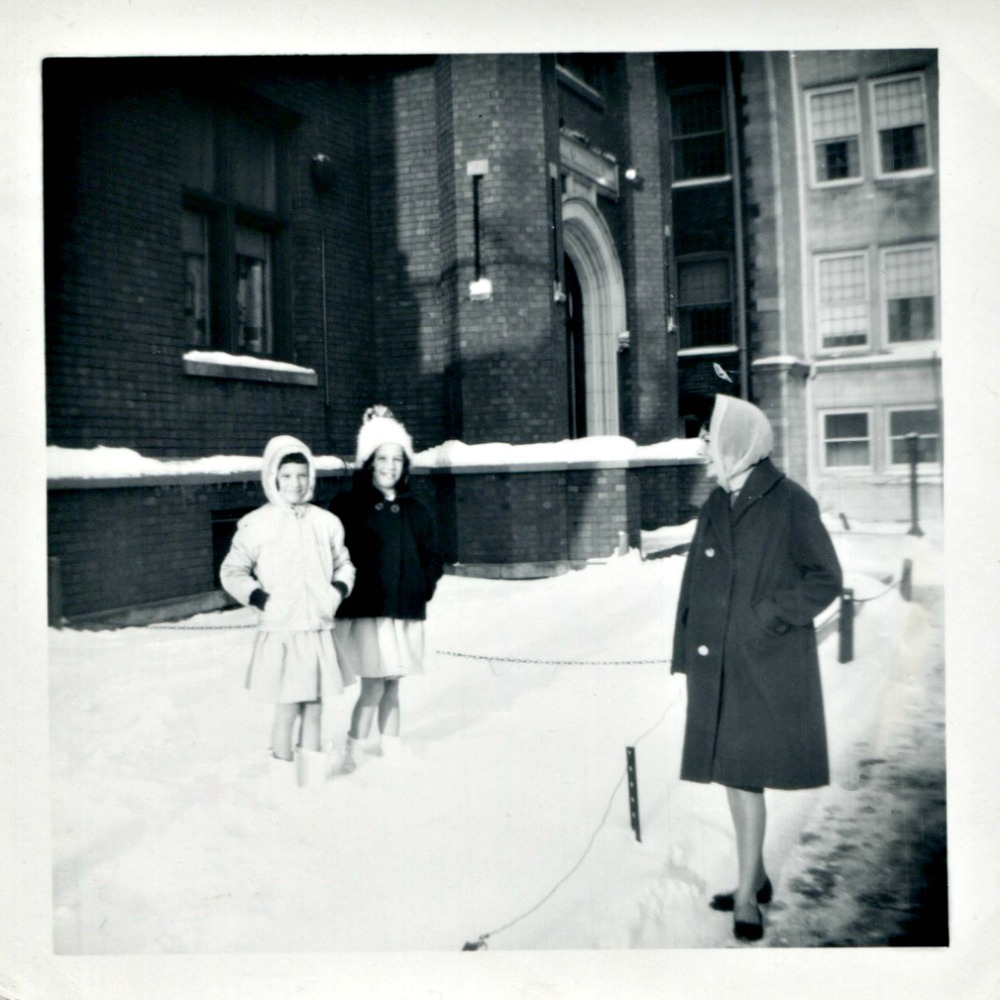
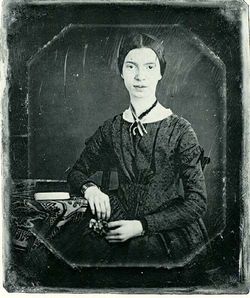
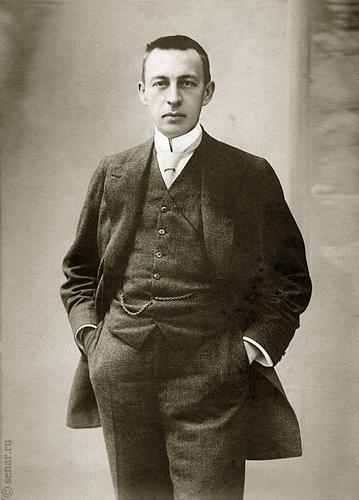
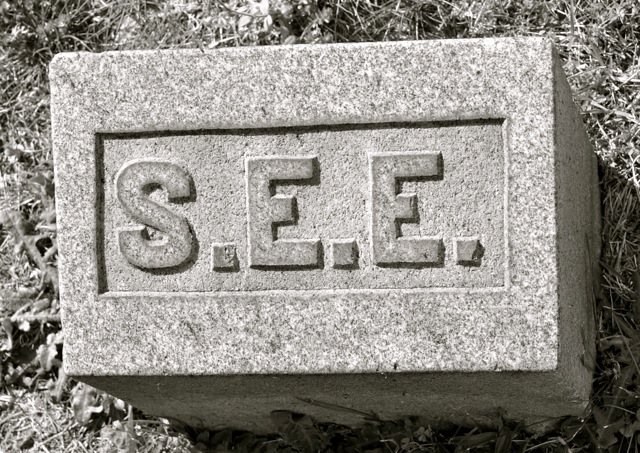
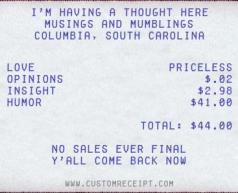
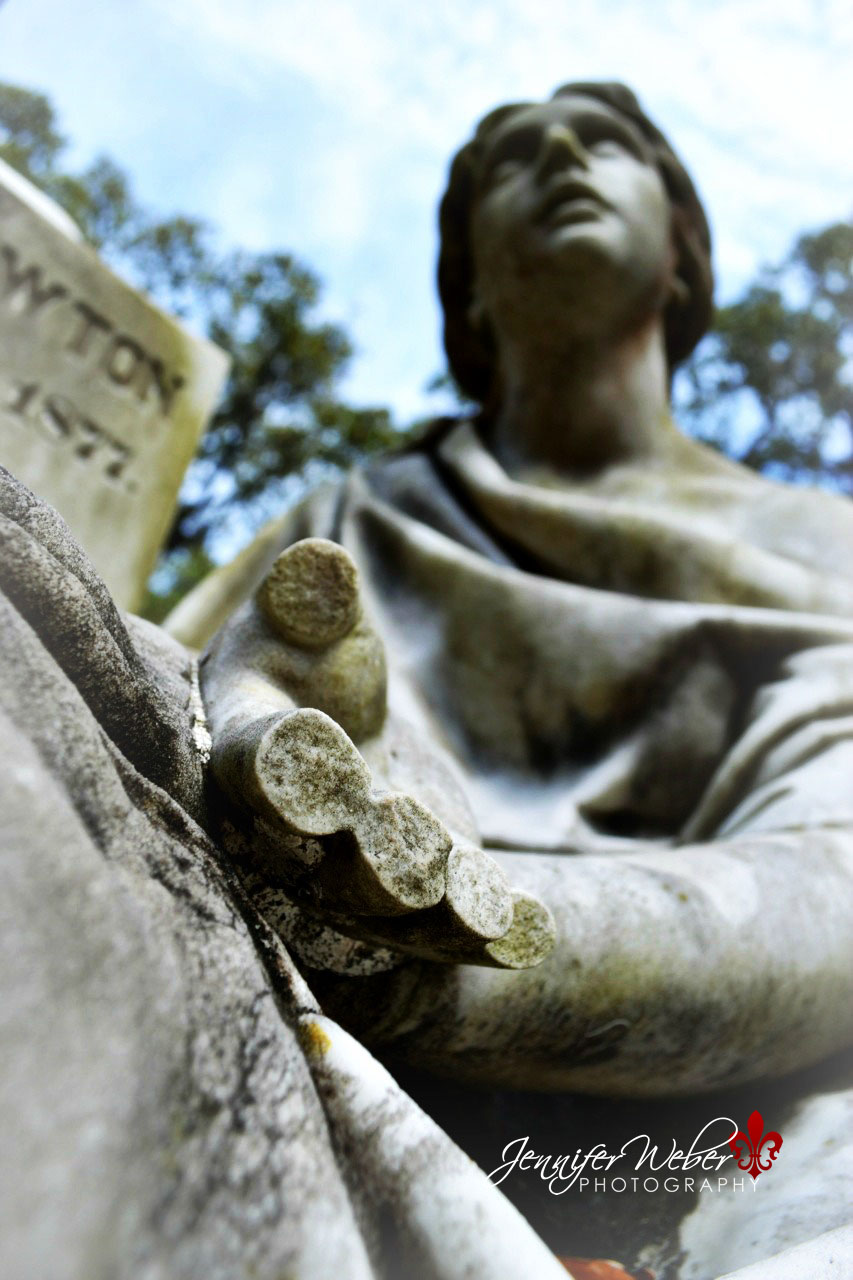





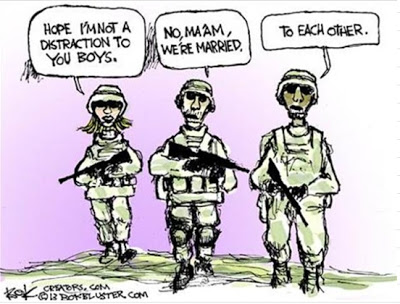
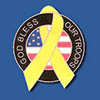
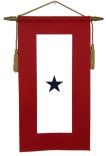
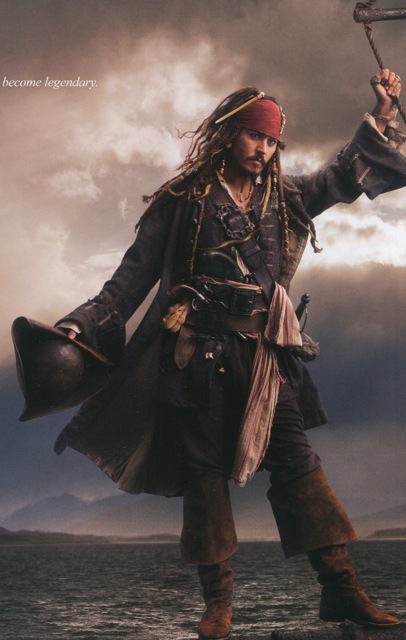























































![Hold Back the Dawn [DVD] Charles Boyer; Olivia de Havilland; Paulette Goddard](http://ecx.images-amazon.com/images/I/41AkExBJQsL._SL75_.jpg)





